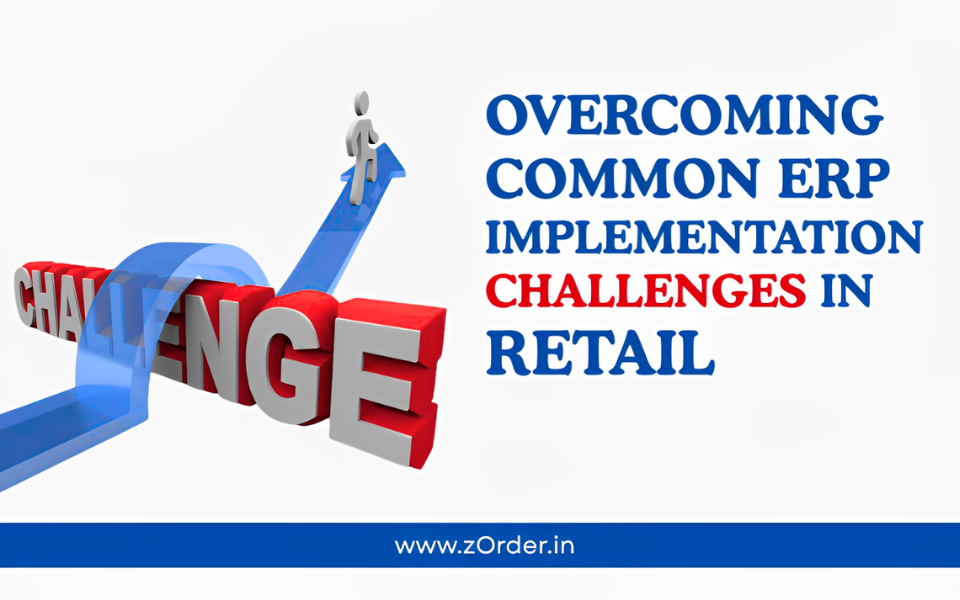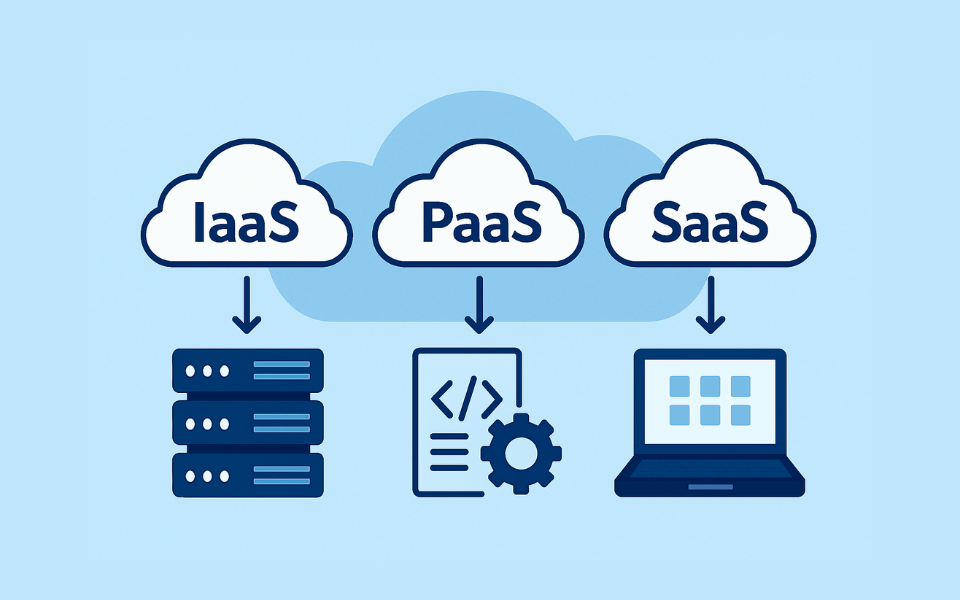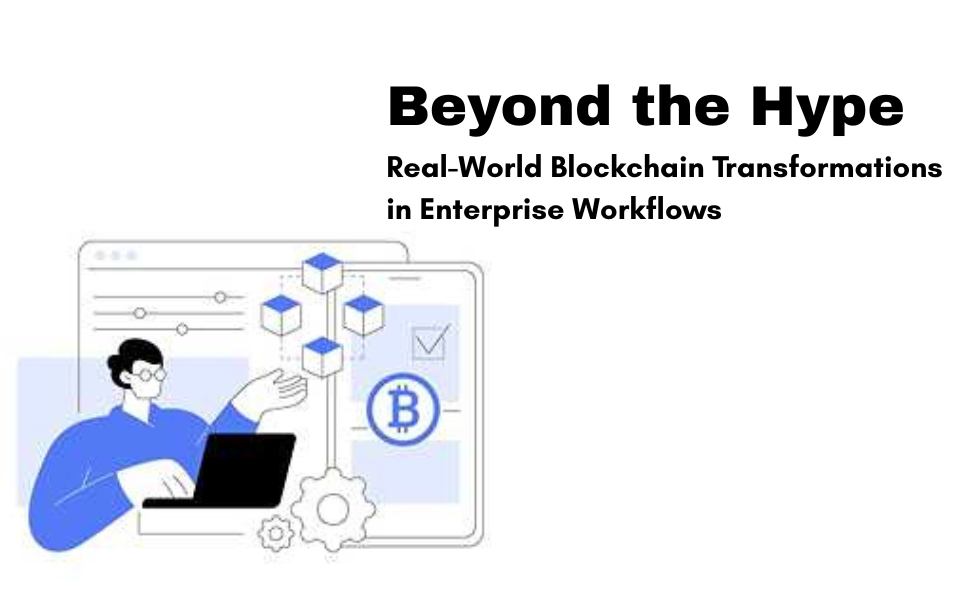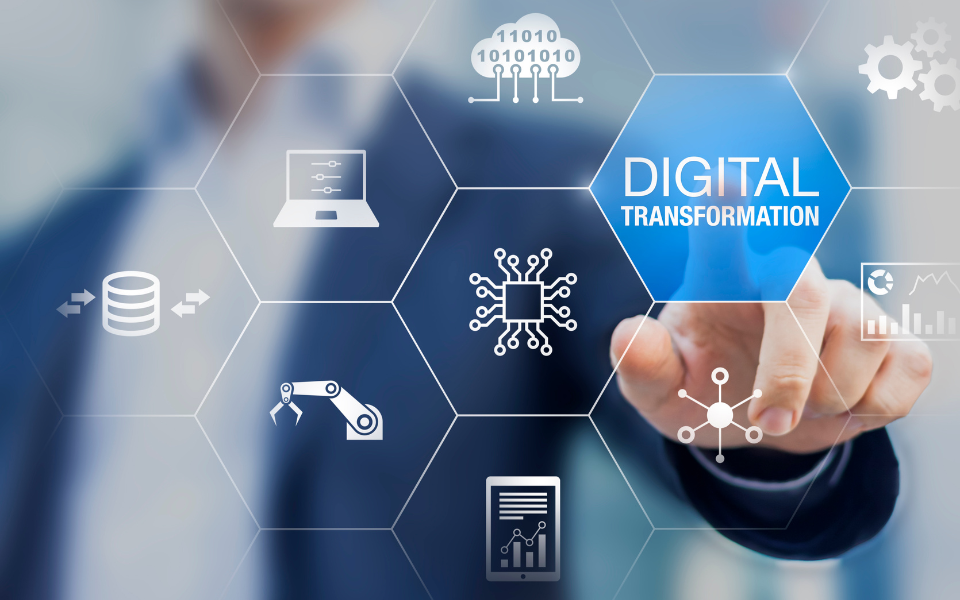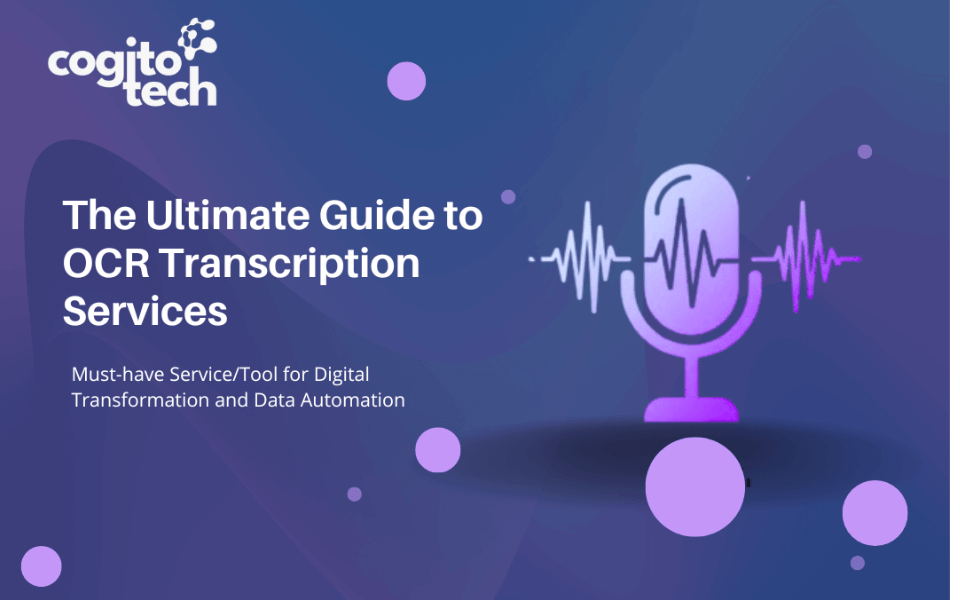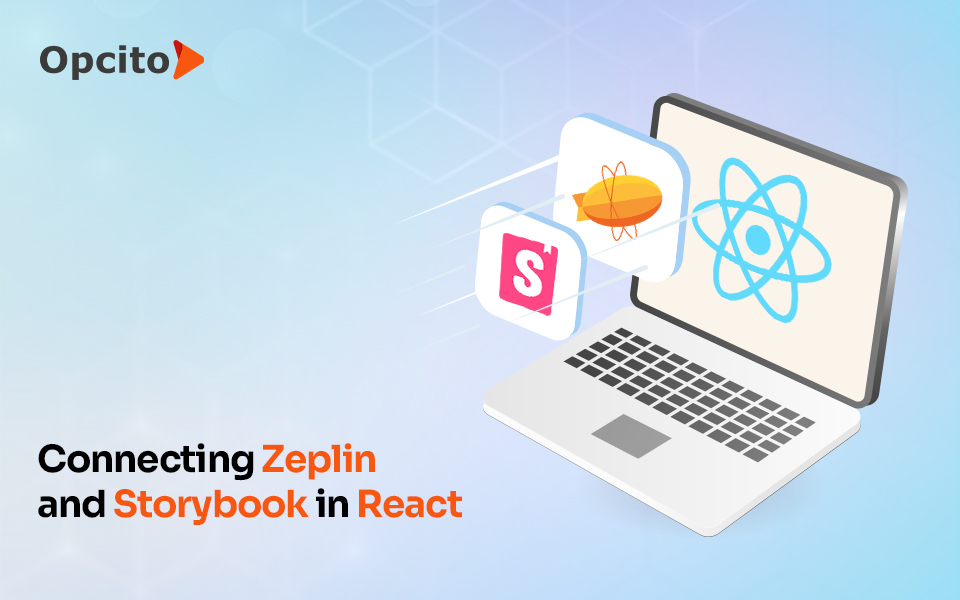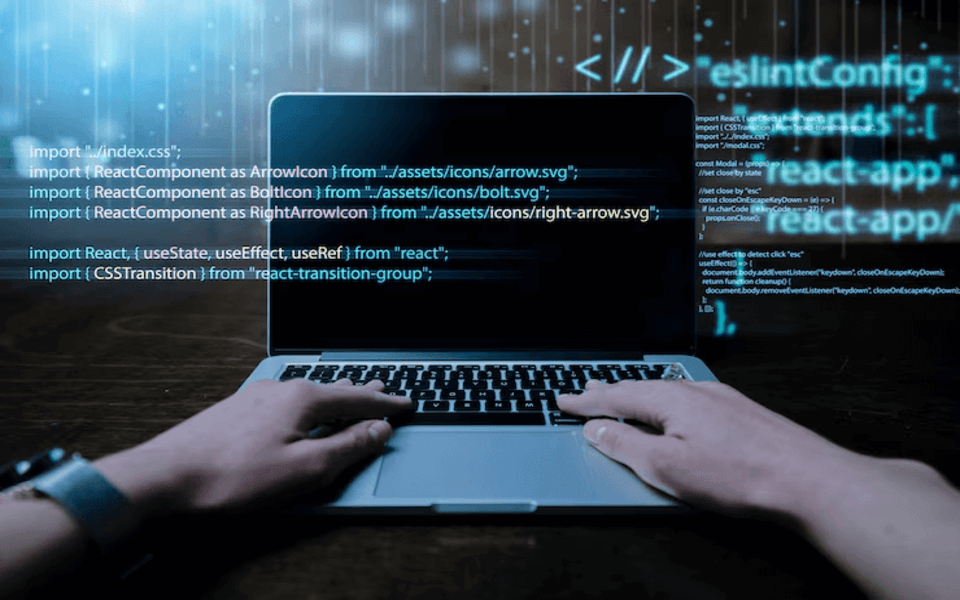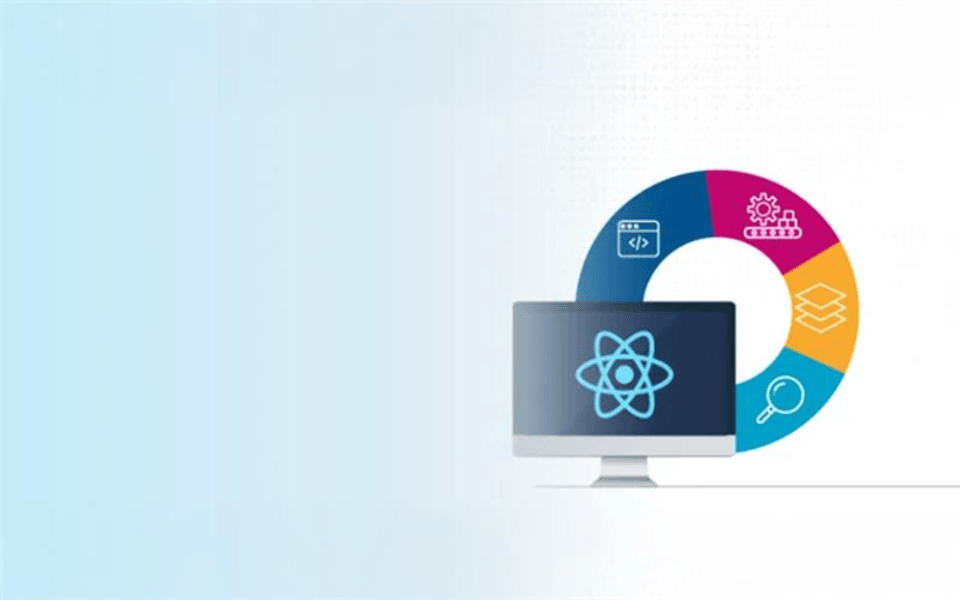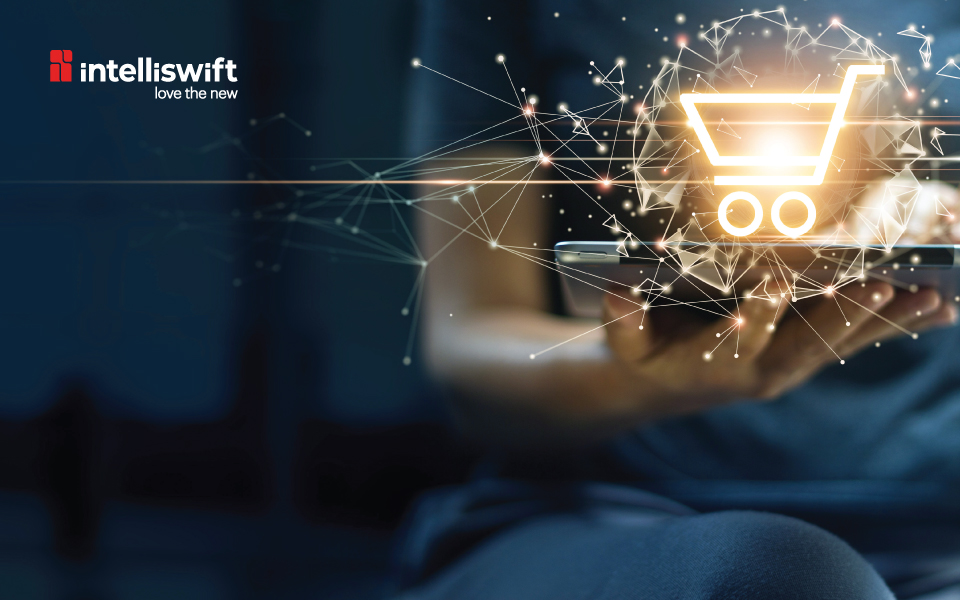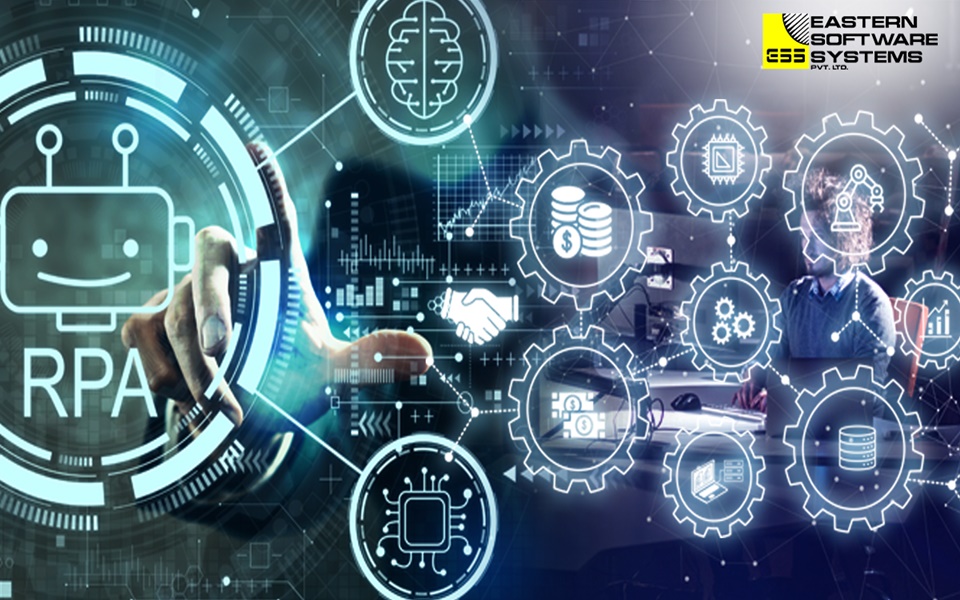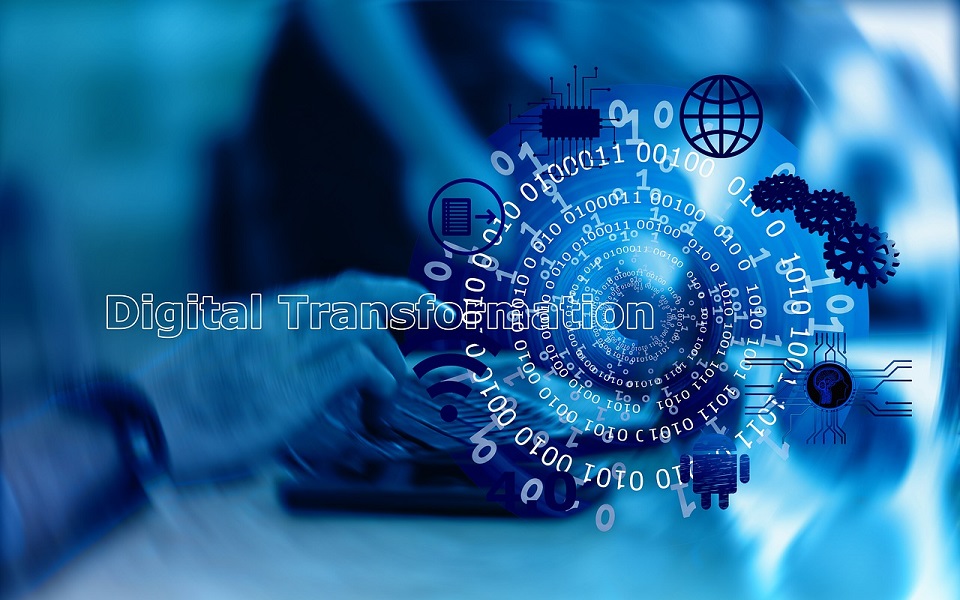[The common challenges retailers face when implementing ERP systems and how best ERPs ensure smooth transitions with minimal disruption.]
Implementation of an ERP in retail businesses is a big step. It improves efficiency, customer experience, and profitability in business, but the path of the implementation is not always easy. Every business is unique, but there are some universal challenges that plague all organizations, from data migration to operations disruptions. Sometimes several challenges turn the adoption of ERP into a costly misstep.A Good and business-friendly ERP understands the real hurdles of the retail world and helps retailers to steer these challenges successfully.
Here are the universal challenges that businesses face during the implementation of ERP and how the best ERP systems ensure smooth transitions and set your business on a path to grow.
#1 Challenge: Resistance to change
It's human behavior to resist every new change. Every person likes to live in their comfort zone; any changes in these creates discomfort. The same law applies during the introduction of the new ERP system, as it requires significant changes in workflow and process. Employees are habitual to the existing system and oppose adopting new methodology. Due to lack of support and interest of employees, the implementation suffers and results in decreasing productivity and adoption rate.
Solutions:
The best solution to solve this issue, and what most leading ERPs do, is structured onboarding and role-based hands-on training. One member from the dedicated team who is responsible for implementation of the project is always there to help and support until they don't become familiar with the new system. Practical training and full support at the initial stage of implementation create a friendly and positive environment among staff that increases adoption rate to accept new system.Leading ERPs prioritize user experience with intuitive dashboards and retail-specific workflows.Providing a gradual introduction to new processes with practical training, creates enthusiasm among the staff to go positively with the new ERP system.
#2 Challenge - Data migration nightmare
Data migration is the main concern of business owners that stops them from adopting an ERP for their business or shifting to a new one in spite of suffering from the current ERP system.
Retailers often manage inventory, customer data, and sales in disjointed systems like Excel, POS software, or legacy tools. Migrating vast amounts of data from legacy systems is not a small feat. This data includes product catalogs, inventory details, customer information, and sales history, and that can be complex, time-consuming, and prone to errors. Inaccurate or incomplete data disrupts inventory control, affects sales and accounts, and cripples reporting. The complexity and woes of data migration are the main obstacles on the path of ERP implementation.
Solutions:
The best ERP solutions know the value of data in retail businesses; they use a meticulous data migration strategy. Their competent implementation team conducts a deep and comprehensive data audit before migration. The team works intensively with businesses to cleanse, validate, and map their existing data. It ensures accurate data transfer and organizes records for a smooth start. Robust ERP platforms have smart and advanced data import tools and processes that minimize downtime and guarantee a seamless transfer to a new centralized database.
# 3 Challenge - Disruption to daily operations
Indian retail businesses follow a very tight schedule from store opening and closing times to inventory receiving, displaying changes, and ordering new items. From owner to staff, everyone is so packed in with daily operations that they don't want to take even one hour of downtime during ERP rollout. Implementation of ERP that is unplanned and not carefully executed can convert these organized systems into chaos that can impact their sales and customer experience. The Indian retail sector is highly competitive and often operates with tight profit margins. In this situation a small dip in sales impacts more. Many retailers really want to switch their businesses to automation mode, but the fear of disruption in the delicate balance of their business routine looks like a mountain for them, hence they barely take courage to cross or break this.
Solutions:
The best ERP solutions come with a strategic low-to-zero disruption implementation plan. A dedicated team is assigned by the ERP provider before any implementation, that makes a plan for a step-by-step rollout. They follow a phase-wise implementation of critical modules that directly affect sales, like POS and inventory, going live first and then going to the backend, like accounts, HR, Customer Loyalty and Production etc., step by step. Top ERP conducts implementation during off-hours or slow periods that minimize disruption. Their support team is always ready to help with business continuity in any fallback option and resolve every issue calmly raised during and immediately after the go-live period.
# Challenge 4 - Integration impasses between various tools
Globalization and digitalization have changed the way of work in the retail sector. To stay alive in a highly competitive world, businesses must have a presence in online marketplaces and e-commerce. Omnipresent businesses thrive on connected systems like payment gateways, CRM tools, accounts, and more. A new ERP must integrate with all existing tools to avoid any complexity. Lack of integration leads to duplicate work and manual entry errors that break the connection between different departments of business. Seamless integration between popular retail platforms plays a crucial role in succeeding in implementing any ERP solutions.
Solution:
The best ERPs are designed with open APIs and powerful integration features. Currently, most ERPs are built in with collaboration of many popular platforms like WhatsApp, Razorpay, Shopify, GSTN, and many more. This allows businesses to unify online and offline sales, customer data, and finance all in one place. It ensures a seamless flow of data across your entire business operation. An experienced team with robust ERP integration capabilities eliminates all manual and duplicate work from the system and creates a truly connected ecosystem.
# Challenge 5 - Project delay and hidden costs
Many retailers start implementing ERP with great enthusiasm in the hope of revolutionizing business quickly, but poor implementation planning and scope creep miss deadlines that result in project delay; this extended timeline converts excitement into apathy. Execution without understanding the actual time and customization costs involved often runs long, causing over-budget projects. Each passing day after reaching the estimated period of the project affects business negatively. Sometimes retailers get so frustrated that they leave projects in the middle and switch back to their old practice.
Solutions:
The best ERP solutions come with a clear implementation roadmap. They fix a realistic timeline for execution after understanding the business size and complexity. The implementing team follows a structured implementation approach with transparent milestone tracking in every stage of execution. The best ERP software is preconfigured with advanced retail modules that are ready to fulfill all types of business needs that reduce the need for heavy customization. Experienced ERPs anticipate the hidden challenges that helps them to make sure that the project stays on track and within budget.
Conclusion
Implementing an ERP system in any retail business has it’s hurdles, but it should not be a nightmare. Every implementation, whether it is in a small, single- or multi-located store, needs careful planning, experienced execution, and constant support. An expert and specialized software solution navigates all challenges with confidence , the right system, and a positive approach. Beyond an ERP provider, they play a role as a technical partner and ensure a smooth, empowering transformation. Changing old practices or adopting new ones will always be faced with obstacles and difficulties, but a right choice converts all those into a successful decision. Implementing an ERP system is a significant investment, but a retail domain expert and a technically robust ERP software system is able to provide an efficient return by growing and streamline your business for what you have invested in an ERP.




